|
Currently, there isn’t specific treatment for coronavirus and prevention is key. The best way of avoiding infection is good hygiene practice (see WHO guidance) (1). There isn’t a specific food or supplement that will prevent you catching COVID-19 (2). The European Food Safety Authority have not authorised any claim for a food or food component in the UK to be labelled as protecting against infection (2). There is no need of buying lot of supplements for immunity if you can get these trough food, unless you have deficiency. According to the British Dietetic Association, a health balanced diet with a variety of foods is supportive of a normal function of the immune system (2). There isn’t any food that can “boost” immunity but there are many nutrients that can help support your immune system including copper, folate, iron, selenium, zinc and vitamins A, B6, B12, C and D (2). In this article I will talk about some of the nutrients and foods that have a positive impact in our immune system. Vitamin CFunction: helps the body to launch an effective immune response while sustaining minimal damage. Sources: peppers, kiwis, oranges and broccoli. Recommendation Intake: 90 milligrams (mg) a day. People who smoke should add 35mg a day. Supplements: taking vitamin C supplements don’t prevent of getting a flu or cold. But a study has found that consuming 1-2g of vitamin C per day reduces the length and severity (especially in athletes). This effect was only seen when taken on a regular basis before the symptoms of a cold develop (3). Vitamin A Function: helps to strengthen our immune barrier and helps forming cells that engulf harmful substances in the body (4). Sources: cod liver oil, eggs, fortified breakfast cereals, fortified skim milk, orange and yellow vegetables and fruits, broccoli, spinach, and most dark green, leafy vegetables. Supplements: we need to be cautious about the use of vitamin A supplements. If in excess can be harmful. Pregnant women should avoid vitamin A supplements, as excess vitamin A can lead to birth defects. Vitamin DFunction: it helps the normal function of the immune system. Deficiencies in this vitamin has been linked to autoimmune diseases. Sources: oily fish, like tuna, mackerel, and salmon; foods fortified with vitamin D, like some dairy products, orange juice, soy milk, and cereals; beef liver; cheese; egg yolks. Supplements: it’s recommended taking 10mcg of vitamin D, especially during the winter months of October to March in countries with limited sunlight at this time of the year. Click here to know more. ZincFunction: Zinc is crucial for normal development and function of the immune cells (5). Sources: shellfish, red meat, eggs, nuts, seeds, lentils, chickpeas and whole grains. Supplements: high doses may compete for absorption of other minerals. Also it might cause gut issues, slight nausea, loss of appetite and temporary taste issues. ProbioticsFunction: more than 70% of our immune system is thought to be in our gut (6). Probiotics can increase the number of good bacteria in our gut and reduce number of bad bacteria; improve the barrier function of the gut lining; and they can stimulate production of antimicrobial substances, like bacteriocins and short chain fatty acids (SCFAs), which reduces infection and inflammation risk (7). Sources: yoghurt, kefir, kombucha, sauerkraut, pickels, miso, tempeh, kimchi Supplements: If you are healthy, there currently seems to be no extra benefit in taking a probiotic. But there are a number of medical conditions where it may be useful to take a specific dose of a specific probiotic strain. This is a complicated and evolving area, so if in doubt you can seek support and individualized advice from a Registered Dietitian. Note: when buying yoghurts check the name of the live bacteria present. If it just says made with “live culture” just means these were used to fermented the product but are not in the product. To be beneficial for you, buy those who describes the names of the bacteria present, like Bifidobacterium Bifidum (B. bifidum), Bifidobacterium lactis (B. lactis). GarlicFunction: garlic can increase the production of immune cells and support them fighting against bacteria and virus. It might also reduce the risk of developing a cold of infection (9). Supplements: garlic supplements might interact with blood thinners, anticoagulants, oral contraceptive pills and certain HIV medication. In very high doses, garlic can also be toxic. Before taking any supplement, contact your doctor. Ginger Function: Many studies shown the health benefits of ginger including anti-inflammatory, anti-microbial and anti-oxidative properties (10). Supplements: many studies have shown ginger to be safe to consume in both humans and animals with no harmful side effects and no increased mortality (10). Ginger also contains moderate amounts of oxalate, so individuals with a history of oxalate-containing kidney stones should avoid eating too much ginger. HoneyFunctions: honey has antioxidant, antimicrobial, anti-viral and anti-inflammatory properties and can help fight sickness (11). Note: 80% of the honey is sugar, so it’s consume should be limited. GlutamineFunction: glutamine is an essential amino acid with important functions in our body including transporting substances in the blood and fighting off harmful viruses and bacteria (12). Sources: eggs, meat, seafood, nuts, milk, tofu, white rice, beans, red cabbage. Supplements: some studies have reported that glutamine supplements may improve health and decrease infections in critically ill patients (13). However there is no strong evidence that taking glutamine supplements will be beneficial in healthy adults because they can get enough through diet and body’s natural production (14). Nourishing your body with a health balance diet is essential to help your body to fight against any infection like COVID-19. Food can’t really prevent you getting infectious diseases, but it certainly can help support your body fighting the disease.
If you need help in how to have a healthy and balanced diet, please contact a dietitian. I’m available for online clinic appointments and prescription of personalised meal plans according to your nutritional needs. Joana Jardim MSc Clinical Dietitian Founder of Your Diet Advice References
3 Comments
24/3/2020 06:07:01 am
Thank you very much for this nice post. Corona Virus is very spreading all over the world. People should not ignore the negative consequences. There is a good list of high proteins foods and supplements that are proved medically to boost the immune systems in the body. https://kitchenbazarpk.com/obesity/how-to-lose-weight-fast/
Reply
8/6/2022 07:18:48 am
i will happy to your work You have share a kind information with me <a href="https://www.knowledge-wisdom.com/what-vitamins-are-good-for-losing-belly-fat/">What Vitamins Are Good For Losing Belly Fat</a>
Reply
28/12/2022 04:52:00 pm
Excellent article! Thank you for your excellent post, and I look forward to the next one. If you're seeking for discount codes and offers, go to couponplusdeals.com.
Reply
Leave a Reply. |
Categories
All
AuthorHi, I'm Joana, a Portuguese registered dietitian in the UK. I am passionate about helping others achieving their health goals. Archives
June 2024
|

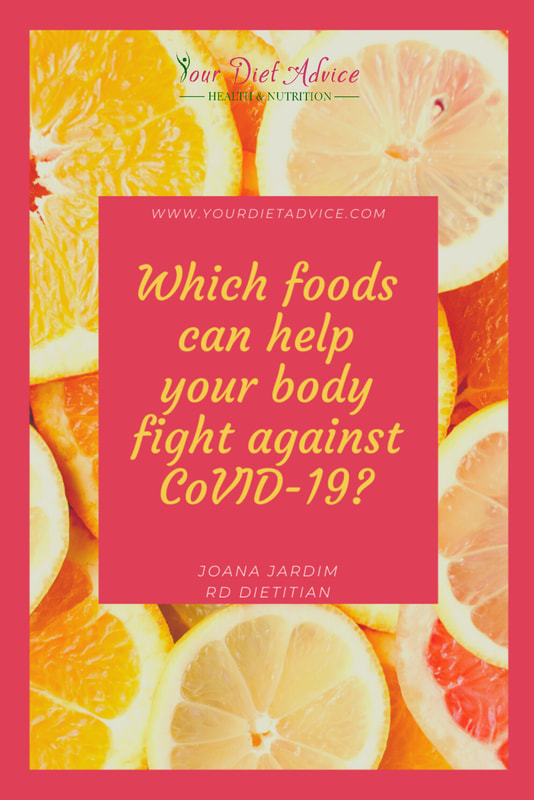
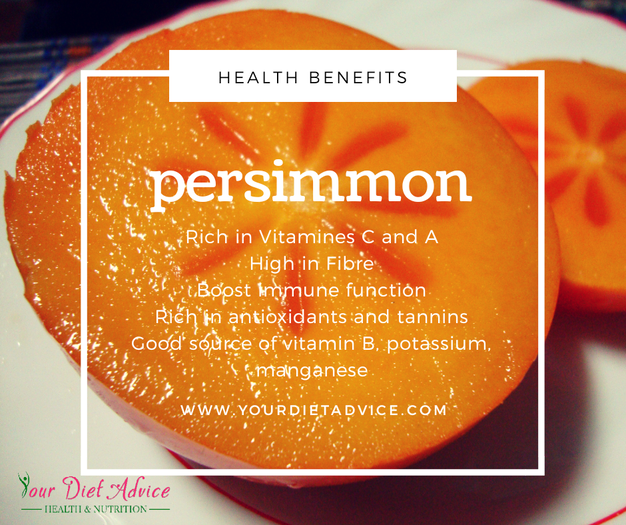
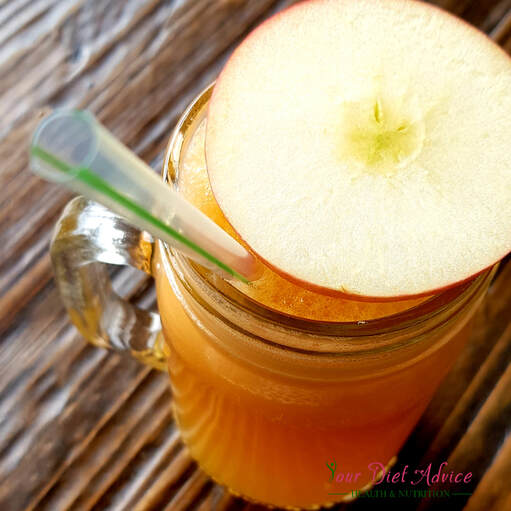
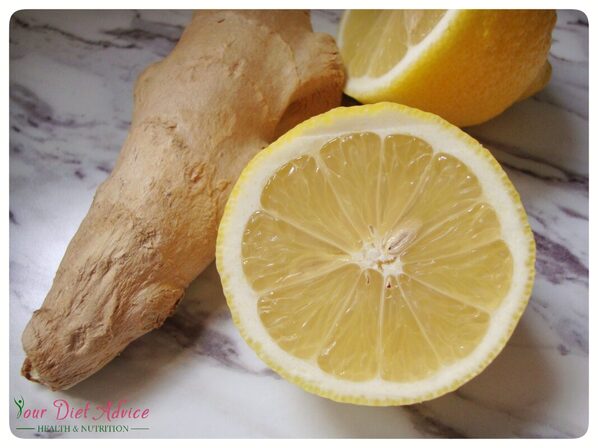
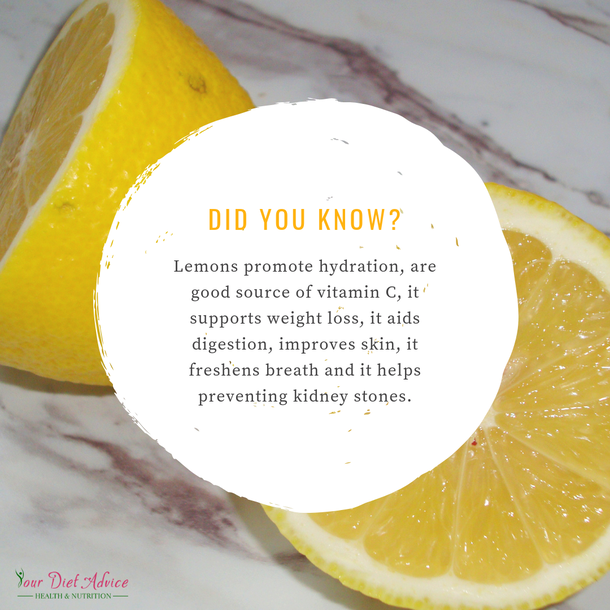
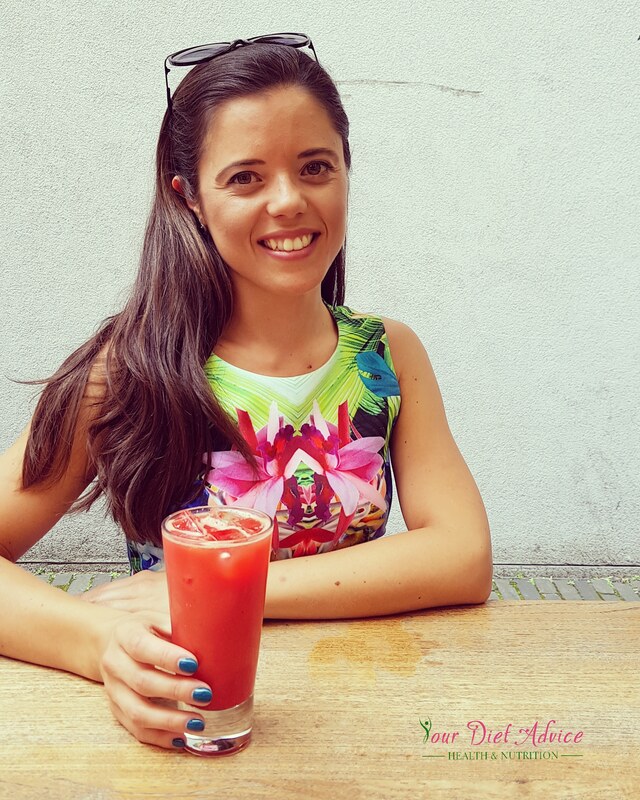
 RSS Feed
RSS Feed